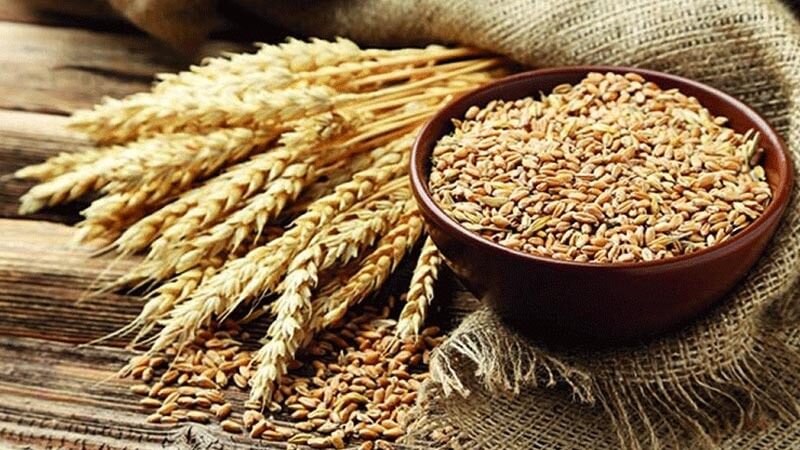In line with the current prices of goods, the Central Ruet-i-Hilal Committee has informed various heads of fitrana by 2020.
Fitrana
- The amount of fitrana has been set at Rs. 100 per head considering the value of wheat flour.
- The amount of fitrana has been set at Rs. 320 per head considering the value of barley.
- The amount of fitrana has been set at Rs. 1,600 per head evaluating the value of dates.
- The amount of fitrana has been set at Rs. 1,920 per head evaluating the value of raisin.
- The amount of fitrana has been set at Rs. 3,540 per head evaluating the value of cheese.
The standard quantity is 2,25 kilograms for different commodities in which the cost is set. The various heads of fitrana were measured taking into account the family’s affordability and income status.
Religious scholars encourage families with high-income status to pay their fitrana in accordance with the amount set under higher slabs whereas the middle class can pay from the lower slabs.
Before the Eid-ul-Fitr prayer, the fitrana is mandatory Zakat which has to be paid by a person as a charity. The head of the family typically pays the fitrana on behalf of its dependents.
Also Read: Darul Uloom Deoband Fatwa for Offering Eid Prayers at Home
Fidya
An individual who could not fast during the Ramadan, mainly elders, patients and expected mothers can either fast in later months or simply pay an amount to deserving families alternatively.
- The amount under Fidya has been fixed at Rs. 3,750 per head as against the value of wheat flour.
- The amount under Fidya has been fixed at Rs. 9,600 per head as against the value of barely.
- The amount under Fidya has been fixed at Rs. 48,000 per head as against the value of dates.
- The amount under Fidya has been fixed at Rs. 57,600 per head as against the value of raisin.
- The amount under Fidya has been fixed at Rs. 106,200 per head as against the value of cheese.
Some various heads were assessed under the chairmanship of Mufti Munibur Rehman for the entire month of Ramadan.
Individuals have been willing to pay their fidya against the number of days during Ramadan that they did not fast.
Billions of rupees are produced under the head of fitrana in terms of economy, and fidya enhances the circulation of money in the country and transfers the accumulated wealth to the society’s deserving low-income strata.
The country also receives millions of dollars per year from overseas Pakistanis who choose to pay their mandatory Zakat in Pakistan particularly to deserving relatives.

